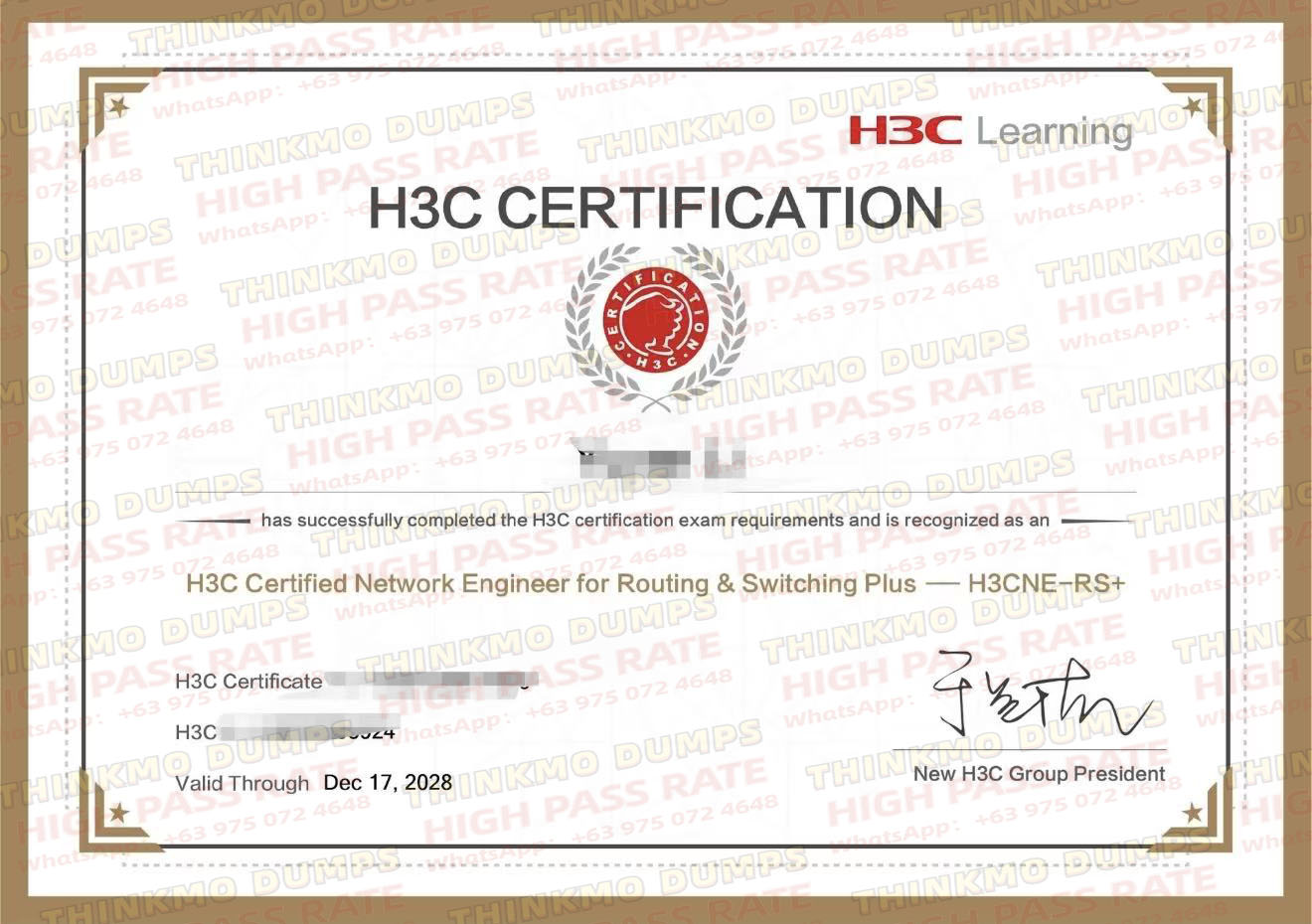Career Prospects of Linux Cloud Operations.
Update time:2025-09-04
As a veteran operations engineer, I’ll break down the future of Linux cloud operations from three perspectives: market demand, career path, and required skills.

First, let’s clarify: Linux cloud operations ≠ traditional Linux operations.
Traditional Linux ops = managing physical servers.
Linux cloud ops = managing virtual machines, containers, and cloud resources on platforms like Alibaba Cloud, Huawei Cloud, or AWS.
Think of it as Linux basics + cloud skills. One is the foundation, the other is the upgrade.
1. Market Demand: Why Is Linux Cloud Operations Always in Short Supply?
Some people worry: “Is the job market saturated?” The truth is:
Basic ops (just running commands, installing systems) is oversupplied.
Cloud-ready Linux ops (with automation + troubleshooting skills) is still in high demand.
Two reasons explain the stable demand:
Cloud adoption is irreversible
Nearly every industry—tech, finance, manufacturing, state-owned enterprises—is migrating to the cloud. Since 90%+ of cloud workloads run on Linux, demand for professionals who understand both Linux and cloud is consistently strong.
Rising skill thresholds
Old-school ops = install system, tweak configs, restart services.
New Linux cloud ops = manage ECS (Alibaba, Huawei), automate with Ansible, work with Docker/K8s, monitor with Prometheus, and troubleshoot across multiple layers.
This mix of skills is not acquired in a few days, which explains why qualified engineers remain scarce.
2.Career Path: How Far Can You Go?
This isn’t a “short-lived career.”The longer you stay, the more your experience and depth matter.
Entry Level (1–3 years): Linux Cloud Ops Engineer
Work: basic cloud resource management, VM setup, troubleshooting simple Linux issues.
Salary: Tier-1 cities 6k–10k, smaller cities 4k–8k.
Mid Level (3–5 years): Senior Linux Cloud Ops / DevOps Engineer
Work: automation (Ansible, Jenkins CI/CD), Docker/K8s container management, advanced troubleshooting.
Salary: Tier-1 cities 15k–25k, smaller cities 10k–18k.
Career directions: specialize in cloud ops (troubleshooting expert) or move toward DevOps (bridging dev & deployment).
Senior Level (5+ years): Cloud Architect / Ops Manager
Work: cloud architecture design, cost optimization, team leadership.
Salary: 25k+ (senior cloud architects can earn 40k–60k).
Requires: strategic thinking + broad technical experience.
3.Skills to Stay Competitive
Success in this field requires continuous learning, especially in three areas:
Core Foundations
Linux system (Shell scripting, process/disk/network management).
1–2 major cloud platforms (Alibaba Cloud, Huawei Cloud, AWS, Azure).
Automation Tools
Ansible (server automation).
Terraform (infrastructure as code).
Prometheus + Grafana (monitoring).
Containers & Orchestration
Docker (packaging apps).
Kubernetes (cluster management, auto-scaling, self-healing).
These are now must-have skills for mid-level and above.
Common Misconceptions
❌ “Linux commands alone are enough.”
Not anymore. Today’s ops jobs require Linux plus cloud expertise.
❌ “Ops is a young person’s job.”
Wrong. Senior ops engineers are more valuable, especially for troubleshooting complex issues or designing architectures.
Final Thoughts
Linux cloud operations is not a get-rich-quick industry, but it offers:
Stable demand (cloud adoption is long-term).
Clear career path (entry → mid → senior).
Solid salaries (steady growth with experience).
Click it ↓↓


First, let’s clarify: Linux cloud operations ≠ traditional Linux operations.
Traditional Linux ops = managing physical servers.
Linux cloud ops = managing virtual machines, containers, and cloud resources on platforms like Alibaba Cloud, Huawei Cloud, or AWS.
Think of it as Linux basics + cloud skills. One is the foundation, the other is the upgrade.
1. Market Demand: Why Is Linux Cloud Operations Always in Short Supply?
Some people worry: “Is the job market saturated?” The truth is:
Basic ops (just running commands, installing systems) is oversupplied.
Cloud-ready Linux ops (with automation + troubleshooting skills) is still in high demand.
Two reasons explain the stable demand:
Cloud adoption is irreversible
Nearly every industry—tech, finance, manufacturing, state-owned enterprises—is migrating to the cloud. Since 90%+ of cloud workloads run on Linux, demand for professionals who understand both Linux and cloud is consistently strong.
Rising skill thresholds
Old-school ops = install system, tweak configs, restart services.
New Linux cloud ops = manage ECS (Alibaba, Huawei), automate with Ansible, work with Docker/K8s, monitor with Prometheus, and troubleshoot across multiple layers.
This mix of skills is not acquired in a few days, which explains why qualified engineers remain scarce.
2.Career Path: How Far Can You Go?
This isn’t a “short-lived career.”The longer you stay, the more your experience and depth matter.
Entry Level (1–3 years): Linux Cloud Ops Engineer
Work: basic cloud resource management, VM setup, troubleshooting simple Linux issues.
Salary: Tier-1 cities 6k–10k, smaller cities 4k–8k.
Mid Level (3–5 years): Senior Linux Cloud Ops / DevOps Engineer
Work: automation (Ansible, Jenkins CI/CD), Docker/K8s container management, advanced troubleshooting.
Salary: Tier-1 cities 15k–25k, smaller cities 10k–18k.
Career directions: specialize in cloud ops (troubleshooting expert) or move toward DevOps (bridging dev & deployment).
Senior Level (5+ years): Cloud Architect / Ops Manager
Work: cloud architecture design, cost optimization, team leadership.
Salary: 25k+ (senior cloud architects can earn 40k–60k).
Requires: strategic thinking + broad technical experience.
3.Skills to Stay Competitive
Success in this field requires continuous learning, especially in three areas:
Core Foundations
Linux system (Shell scripting, process/disk/network management).
1–2 major cloud platforms (Alibaba Cloud, Huawei Cloud, AWS, Azure).
Automation Tools
Ansible (server automation).
Terraform (infrastructure as code).
Prometheus + Grafana (monitoring).
Containers & Orchestration
Docker (packaging apps).
Kubernetes (cluster management, auto-scaling, self-healing).
These are now must-have skills for mid-level and above.
Common Misconceptions
❌ “Linux commands alone are enough.”
Not anymore. Today’s ops jobs require Linux plus cloud expertise.
❌ “Ops is a young person’s job.”
Wrong. Senior ops engineers are more valuable, especially for troubleshooting complex issues or designing architectures.
Final Thoughts
Linux cloud operations is not a get-rich-quick industry, but it offers:
Stable demand (cloud adoption is long-term).
Clear career path (entry → mid → senior).
Solid salaries (steady growth with experience).
If you want to prepare efficiently, using a Linux + cloud operations exam dumps can help you master the key topics faster, improve your success rate in certification exams.
I'm your man who have the 100% valid dumps , buy it now for 50% off to clear your exam!Click it ↓↓

Hot article
-
 1
1 1. ThinkMo Precise Question Bank: Ace HCIE Written
上传:2026-01-23
-
 2
2 Triple H3CNE/H3CSE Passes | ThinkMo Christmas Succe
上传:2025-12-25
-
 3
3 Success Streak: ThinkMo’s Dec HCIE-Datacom Win
上传:2025-12-24
-
 4
4 ThinkMo Guide: Cisco & Huawei Certification Com
上传:2025-12-22
-
 5
5 Pass CCIE/CKA Exams with ThinkMo’s Top Question B
上传:2025-12-19








